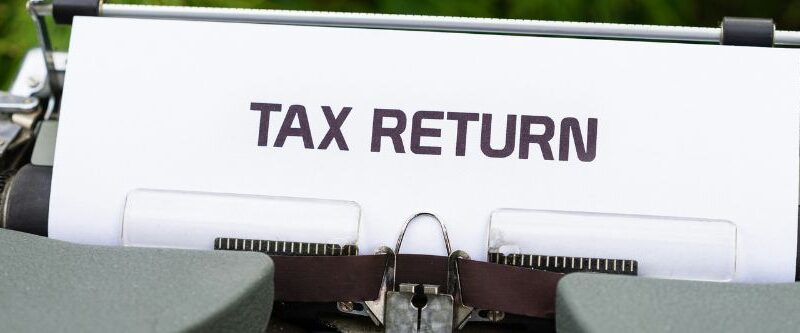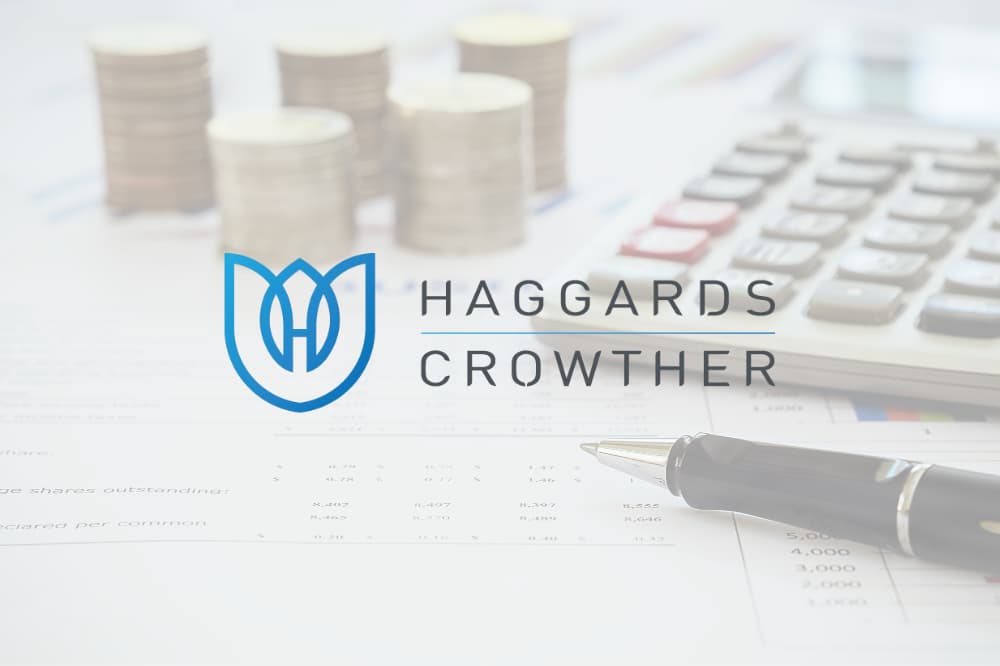
How Tax Works on Side Hustles
29th April, 2025
Whether you’re doing a bit of freelance work, selling handmade items online, or running a small side project, it’s important to understand when your additional income could come with a tax responsibility.
Even if it feels like a small amount of extra pocket money or just a casual hobby, HMRC may see things differently — and treat it as a business. In this article, we’re taking a closer look at the tax implications of earning money outside your main job.
Do I Need to Pay Tax on My Side Income?
If you’re occasionally selling personal items on eBay, handmade crafts on Etsy, vintage pieces on Vinted, or clearing out unwanted belongings at a car boot sale — and your profits are less than £1,000 in a tax year — you generally won’t need to register or submit a tax return. HMRC typically views this kind of activity as casual or miscellaneous.
However, if your total gross income from all side activities exceeds £1,000 in a single tax year, you could be classed as trading — and tax obligations may apply. This threshold applies to combined earnings from side hustles such as freelancing, pet sitting, tutoring, or selling goods.
Please note: Income from letting out property or a spare room is assessed separately and comes with a different threshold — we’ll cover that shortly.
Selling Goods or Providing Services
If you’re buying items to resell, creating and selling artwork or digital products, or offering services such as tutoring, gardening, beauty treatments, or home repairs — and you earn more than £1,000 over the year — your income is likely to be taxable.
You can use HMRC’s online tool to check if you need to report your side earnings:
Check if you need to tell HMRC
Renting Out a Room or Property
If you rent out a furnished room in your home, manage a holiday let, or rent out a property, you might qualify for the Rent a Room Scheme, which lets you earn up to £7,500 per year tax-free.
If the income is shared — for example, with a partner — the allowance is split, so you’d each be entitled to £3,750. As long as your income remains below the threshold, there’s no need to notify HMRC. Earnings above this amount will be taxed at your applicable rate.
You can read more about the scheme here:
When Do I Need to Pay Tax?
If your side income needs to be reported, you must register as a sole trader with HMRC by 5 October following the end of the tax year in which you earned taxable income.
So, for income earned in the 2024/25 tax year (6 April 2024 – 5 April 2025), you’ll need to register by 5 October 2025.
Once registered, you need to submit a Self Assessment tax return, which may include a supplementary form (such as SA103), depending on the type of income. The deadline to file your return and pay any tax owed is 31 January following the end of the tax year.
What Happens If I Don’t Report My Side Income?
HMRC is increasing its focus on undeclared income and now receives data from a wide range of platforms — including eBay, Amazon, Etsy, Airbnb, Uber, Deliveroo, Upwork, and others.
If tax isn’t paid when due, you could face penalties or interest charges. However, if you’re struggling to pay, HMRC may allow you to set up a payment plan to spread the cost.
If you’re unsure about your tax position or would like help getting everything in order, we’re here to support you. Just get in touch with your usual contact at Haggards Crowther, or drop us a message — we’ll help you get everything sorted and put your mind at ease.

Terry started life at HM Revenue and Customs before moving to Ashdens and then on to BDO and Chantrey Vellacott, the combination of which has provided Terry with a wide breadth of experience which has proved invaluable when helping a broad range of clients with their tax affairs.
Whether it involves meticulously organising a client’s tax affairs or leveraging his expertise to mitigate their tax exposure, Terry has a passion for delivering tangible results.





